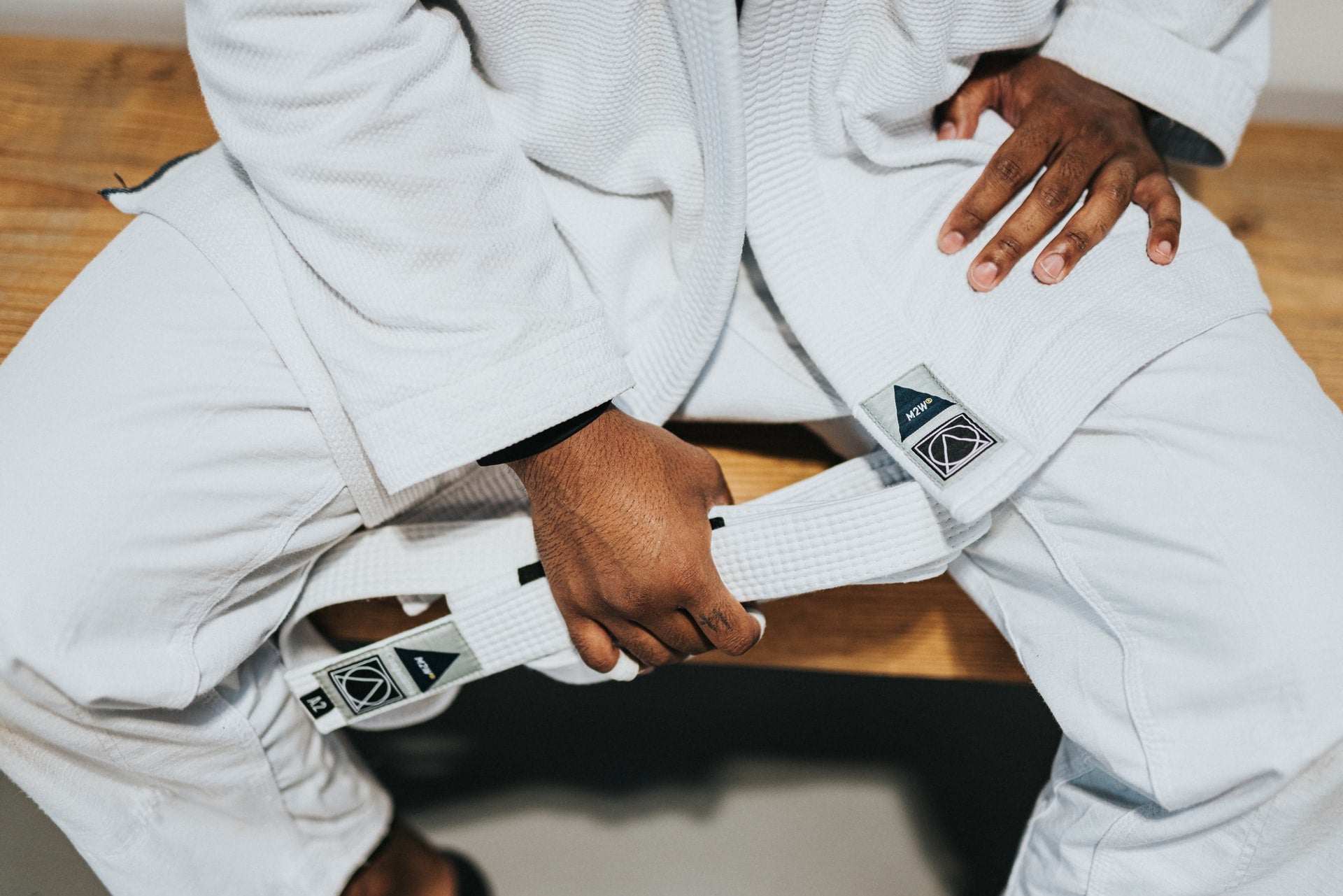When you were a kid, you were probably fascinated by newness, whether it was a toy, sport, or show on TV. But as we get older, the appeal of novelty wears off and we focus more on predictability and sameness. In his book Quality is Free, Philip B. Crosby wrote, “Once people reach the age of their own personal comfort with the world they stop learning and their mind runs on idle for the rest of their days. They may progress organizationally, they may be ambitious and eager, and they may even work night and day. But they learn no more.” With these words in mind, it's high time that we all rediscovered our inner child and began trying new things, no matter how uncomfortable it might seem at first or how much we're worried about failing. Here are three tips for becoming a newbie the right way.
- Adopt a White Belt Mentality
The biggest hurdle to branching out and starting something new isn’t physical – it’s mental. You can easily conjure the kind of excuse Rolodex that Jerry longed for in an episode of Seinfeld when you want to justify putting off that novel you’ve been planning to write for years, delay learning Italian yet again, or avoid calling a music instructor who could finally teach you to play the guitar. One of the first excuses to come to mind is often that you’d love to become a black belt but aren’t prepared to take all the kicks, punches, and chops that you expect from the moment you first walk into the dojo. You might also dread spending years on the learning plateau as you work your way up through the belt system.
To continue this analogy for a moment, consider how a kid approaches learning karate. Sure, they might feel foolish the first time they hit the mat after a more experienced opponent sweeps their leg, but they’ll likely dust themselves off, hop up, and eagerly come back for more. That’s what having a beginner’s mindset or white belt mentality is all about. Just because you’re bigger and older than the kid in this example doesn’t mean you can’t channel your inner child and approach whatever skill you want to acquire with enthusiasm, excitement, and humility.
- Stop Being Afraid of Looking Silly
When she was at the peak of her sporting prowess, Gabby Reece was the best beach volleyball player, one of the most recognizable athletes on the planet, and had a Nike shoe that outsold Air Jordans. But while she enjoyed being at this advanced stage of mastery, Gabby acknowledged that it wasn’t always like that. There was a time when she fell on her face in the sand, got outjumped at the net, and could barely keep a serve in bounds.
“Don’t get stuck in a rut and don’t be afraid to try something new,” she wrote in a blog post. “I am becoming increasingly aware of how short life is, and that it is not made up of a few BIG moments, but a day in day out collage of small experiences. Adding a little color to your rainbow takes some effort, but it’s so well worth it.” In an interview with NASM, Gabby added that she admired her husband Laird Hamilton’s pursuit of growth opportunities: “He’s a consummate student. I’m inspired by his ability to always try new things – he’s never afraid to look silly.”
All too often as adults we stick to the things that we’re already good at, think it would be a waste of time to learn a new skill from scratch, and get scared that we’ll look stupid if we screw up. Here’s a newsflash: everyone sucks at their first attempt. And yes, you might get laughed at for a while. But here’s the secret of stoke that every surfer has learned: if you keep retrieving your board, paddling back out, and dropping in again and again, eventually you’ll pop up, stay on your feet, and ride that wave. And from that point onward, the game is on, as Sherlock would say.
To get to that point of catching your first wave, learning the basic chords, or being able to ask for a coffee in a foreign café, you’ve got to stop obsessing over how you look or what people might think of you. The chances are that your fellow beginners will be too concerned with how they’re doing to even notice your stumbles, mistakes, and slips along the way. And even if you do hear a chuckle or two at your expense, you can learn to laugh at yourself and keep going.
- Pursue Rapid Progress
One of the fun things about starting from scratch with a new hobby is that you’ll typically progress much faster than someone who’s already an expert or at an intermediate level. For example, we see in many physiology studies that untrained participants often respond and adapt to exercise to a greater degree than competitive or even recreational athletes do. Whatever the intervention is, the newbies will usually see greater increases in speed, strength, or power, whether they’re running, lifting weights, and so on consistently throughout the study. As legendary strength coach Dan John has said, “Everything works for eight to 12 weeks.”
John’s caveat is that after this period is over, you need to switch things up to keep learning and growing. This doesn’t have to be a seismic change, like hopping from one modality or coach to another. Instead, once you’ve gotten over the initial learning curve and got the basics down, focus on a certain sub-skill within your new discipline every two to three months. While you’ll still develop your overall capability, such a part-to-whole approach – which is a staple of Anders Ericsson’s deliberate practice model – will enable you to pour Miracle-Gro on certain parts of your game. This is how he found the best athletes, musicians, and other high performers progress most rapidly from beginner to master (read his book Peak for more skill acquisition and development tips). Good enough for them, good enough for you and me.




















